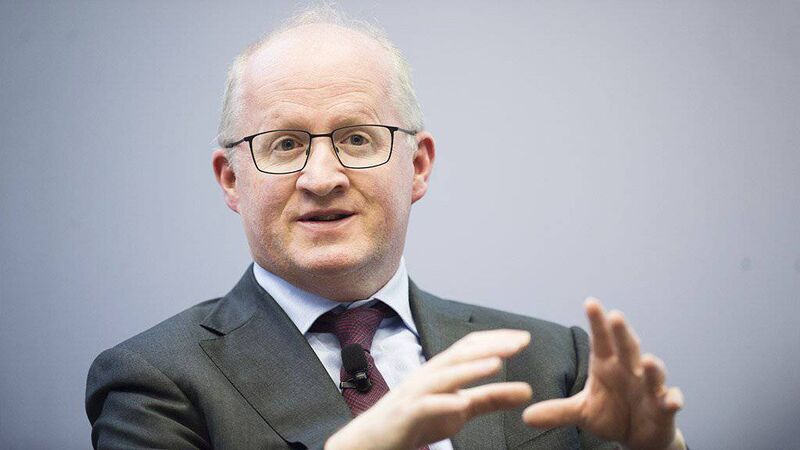Irish inflation will persist as Lane plays down ECB response

'Price pressures should abate and inflation return to its trend without a need for a signifcant adjustment in monetary policy,' ECB chief economist Philip Lane stated in a blog post. Picture: ECB
Inflation pressures will persist in Ireland for a number of months and will rise faster this year than many other places across Europe, according to the latest country-by-country scorecard from the European Commission.
In its winter 2022 outlook, the EU projects an average Irish rate of inflation of 4.6% this year — which is higher than the 3.5% rate it forecasts for the eurozone as a whole. It is also higher than the 3.9% rate it sees for the whole of the EU this year.














